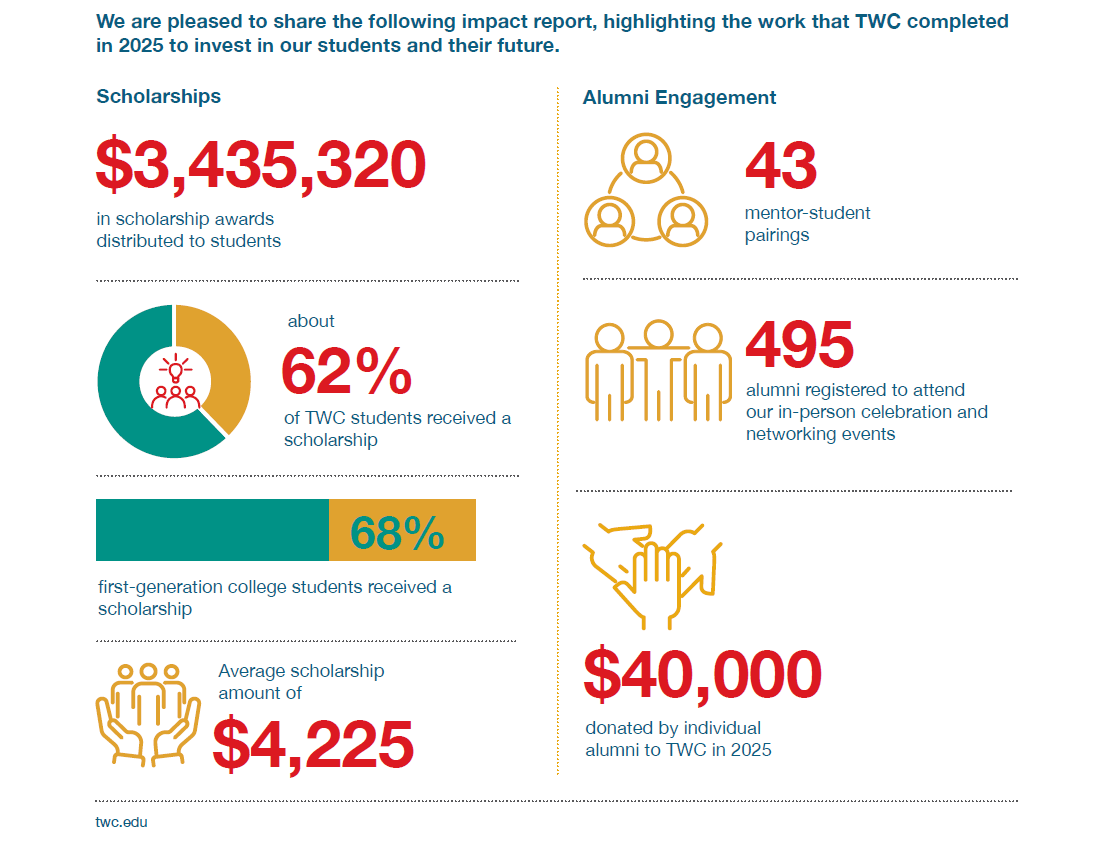
Use these tips to start your remote internship off strong, make a good impression and stay organized.
Interning is a great way to get real-world professional experience, whether you work in an office or log in remotely. Although you’ll likely be doing all the same work no matter where you are, a remote internship presents different challenges (and opportunities) from an in-person experience. Here’s a guide to to surviving the first few days of your remote internship:
1. Find a Workspace

First things first, establish a distraction-free, reliable place to get stuff done. It doesn’t have to be fancy – just the act of having a place to “commute to” every day will add some stability and consistency to your first week.
If you’re going to be on video calls, make sure your workspace has a neutral background. Neutral, in this case, doesn’t mean stripping your bedroom walls of all personality – just make sure your colleagues won’t see flashing lights or people walking around in the background.
Finally, check that your workspace is comfortable and is set up for how you like to work. The advantage of teleworking is that you can tailor your workspace as much as you want. Do you like writing lots of notes on huge legal pads? Make sure there’s room for them. Do you like sunlight and fresh air while you work? Sit by the window. Worried about how computers are affecting your spine? Get a laptop stand and find a quality chair.
Sometimes, it is worth the extra five minutes it takes to consider your environment and correct it as needed. Making these adjustments will give you one less thing to worry about and help you focus on the work.
2. Work Out Logistics

There’s a misconception that there are fewer logistics to consider when working remotely (no commute, no dress code, flexible hours). But, really, there aren’t fewer logistics – just different ones.
It’s a good idea to email your supervisor or your contact at the organization before the first day of your internship to work out some simple logistics. Ask questions like:
- How are people typically dressed on video calls?
- Are there any programs or applications I should download ahead of time? (Zoom, Slack, etc.)
As your first week goes on, you and your supervisor will likely establish some additional logistics between the two of you – how often you’ll meet, how you’ll communicate, and what their expectations are for you.
3. Overcommunicate

Without the benefits of physical proximity, you may feel a bit disconnected from your supervisor. A supervisor can make or break your experience at an internship, so establishing a connection with them is crucial. The key to this is simple: clear and abundant communication.
Check-in with your supervisor early and often throughout your first week. Let them know as soon as you’ve finished a task, have a question, need some help or want to discuss your progress.
As an intern, there are going to be a lot of things you don’t know in the first week and that’s okay! Ask as many questions as it takes to make sure you understand projects, goals and timelines. Overcommunicating may seem like a burden, but it also helps you do things right the first time. As the saying goes: “measure twice, cut once!”
4. Get to Know Your (Virtual) Office

Every office is different – there are varying dress codes, methods of communication, technology, project management strategies and personalities. Just like you would in a physical office, you’ll want to get to know the virtual workspace you’re in.
How do people at this company like to communicate? What’s the general vibe during video meetings? How prompt are they with emails? Do they like hosting virtual social events to keep people connected?
These things may seem small, but asking questions and making observations in the first week will help you feel like you’re a real part of the team! Once you have the lay of the land, think about how you can use it to your benefit. Is there a particular team member who you’d like to learn from? Ask your supervisor if you can connect with them to chat or work with them on a project! Is there a team that uses a tool that you’d like to be more familiar with? See if you can get access to try it out.
Lastly, always keep one thing in mind: it’s only the first week. Use it to soak in information, feel out the (virtual) environment and connect with your new team. Taking this time as a learning period will help set you up for success for the rest of your internship. The most important thing is to be patient, stick with it and stay eager to do well.
About the Author
Follow on Twitter Visit Website More Content by The Washington Center






















